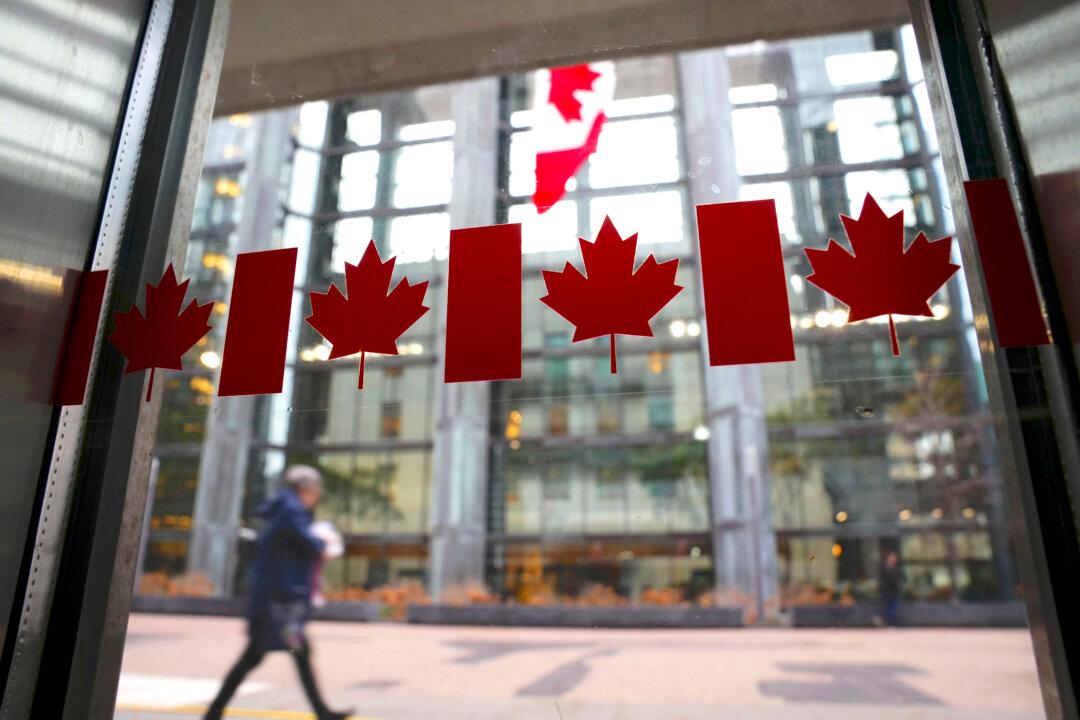Economists from Canada’s major banks predict that the Bank of Canada will hold its key interest rate steady at 4.5 percent on Wednesday, as inflation in the country continues to slow.
“After announcing a conditional pause on interest rate hikes in January, the central bank is widely expected to make a second consecutive decision to hold,” said RBC economists Nathan Janzen and Carrie Freestone in a statement.





